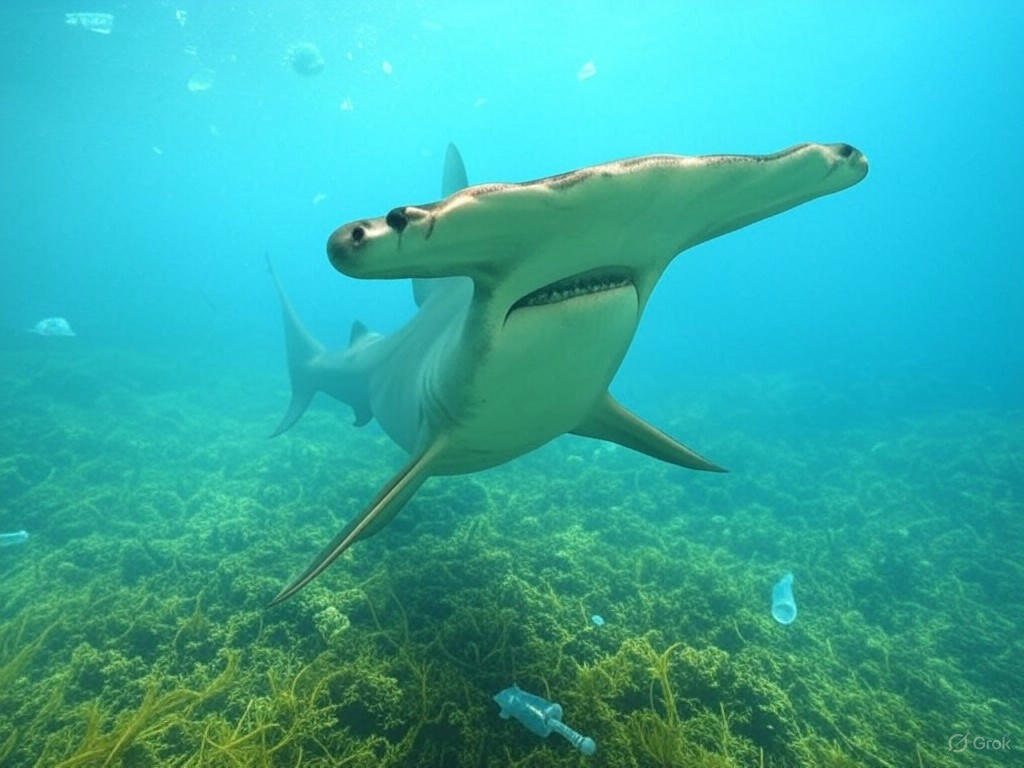Cocaine in the Deep: Sharks Swim Through Polluted Brazilian Waters
In a startling discovery off the coast of Brazil, marine researchers have stumbled upon a phenomenon that sounds like the plot of a science fiction thriller: sharks swimming in waters tainted with cocaine. These creatures, identified as Brazilian sharpnose sharks, are navigating an underwater environment saturated with traces of the illicit drug, raising alarming questions about the extent of ocean pollution and its impact on marine life. This bizarre situation isn’t just a quirky headline—it’s a grim reminder of how human activities can ripple through ecosystems in unexpected ways.
The presence of cocaine in the ocean isn’t due to sharks indulging in illicit substances, of course. Instead, it’s a consequence of pollution stemming from human sources. Scientists believe that the drug enters coastal waters through runoff from urban areas, where untreated sewage or illegal dumping may carry traces of cocaine and other contaminants. Brazil, with its sprawling coastal cities and complex waste management challenges, provides a perfect storm for such pollution. Once in the water, these substances don’t simply disappear—they linger, affecting the delicate balance of marine ecosystems. The sharpnose sharks, small but agile predators, are now unwitting participants in this toxic saga, absorbing chemicals through their gills or via the food chain.
What makes this discovery particularly concerning is the potential impact on the sharks’ behavior and physiology. While comprehensive studies are still underway, early findings suggest that exposure to such pollutants could alter the sharks’ nervous systems, potentially leading to erratic swimming patterns or disrupted hunting instincts. Beyond individual effects, there’s a broader worry about how these contaminants might ripple through the food web, affecting other marine species and even human communities that rely on seafood. Researchers are racing to understand the full scope of the damage, collecting water samples and monitoring shark populations to gauge the concentration of cocaine and other pollutants in their habitats. This isn’t just about one species; it’s about the health of an entire ecosystem under siege from human negligence.
The tale of the ‘cocaine sharks’ is a wake-up call for stronger environmental protections and better waste management practices. It highlights the urgent need to address how urban pollutants seep into natural environments, often unnoticed until a shocking discovery like this grabs attention. Governments, scientists, and communities must collaborate to curb the flow of harmful substances into the ocean, whether through stricter regulations on waste disposal or public awareness campaigns about the consequences of pollution. As we marvel at the resilience of these sharks surviving in such tainted waters, we must also reflect on our role in creating this problem—and our responsibility to fix it. The ocean is not a dumping ground, and the strange plight of Brazil’s sharpnose sharks is a stark reminder that what we discard can come back to haunt us in ways we never imagined.


